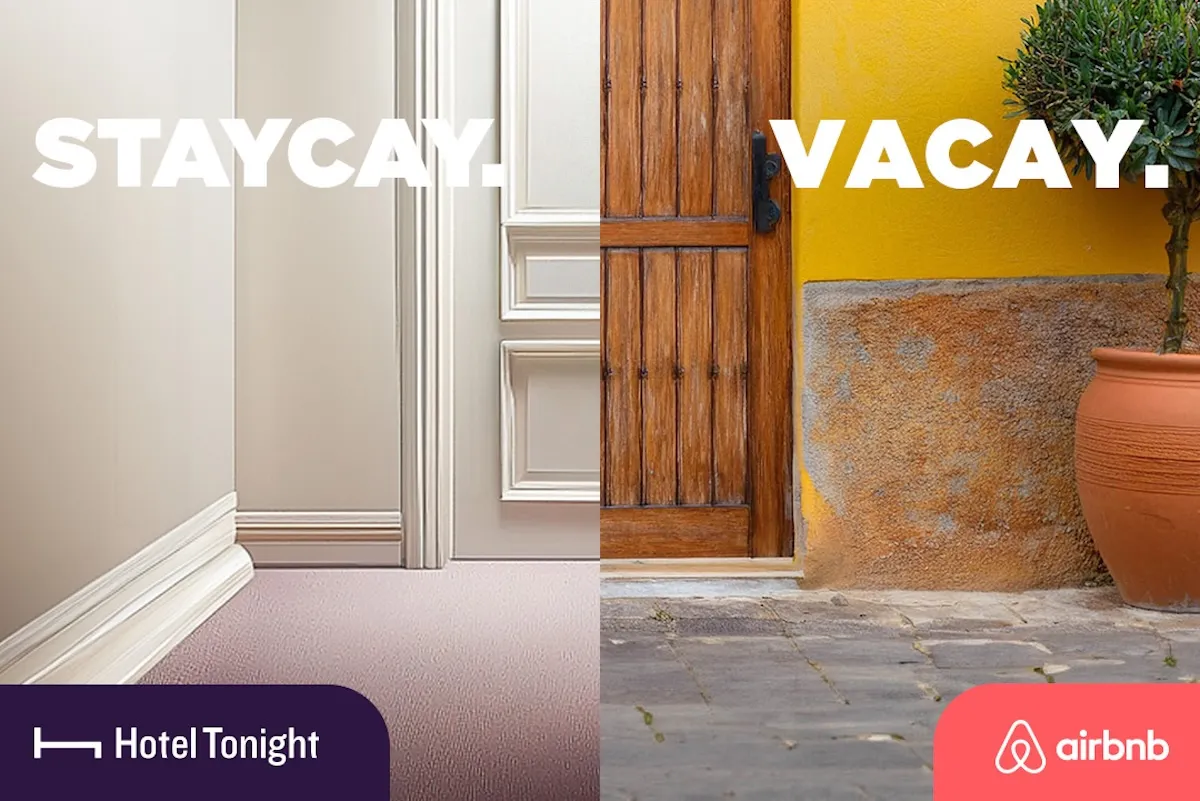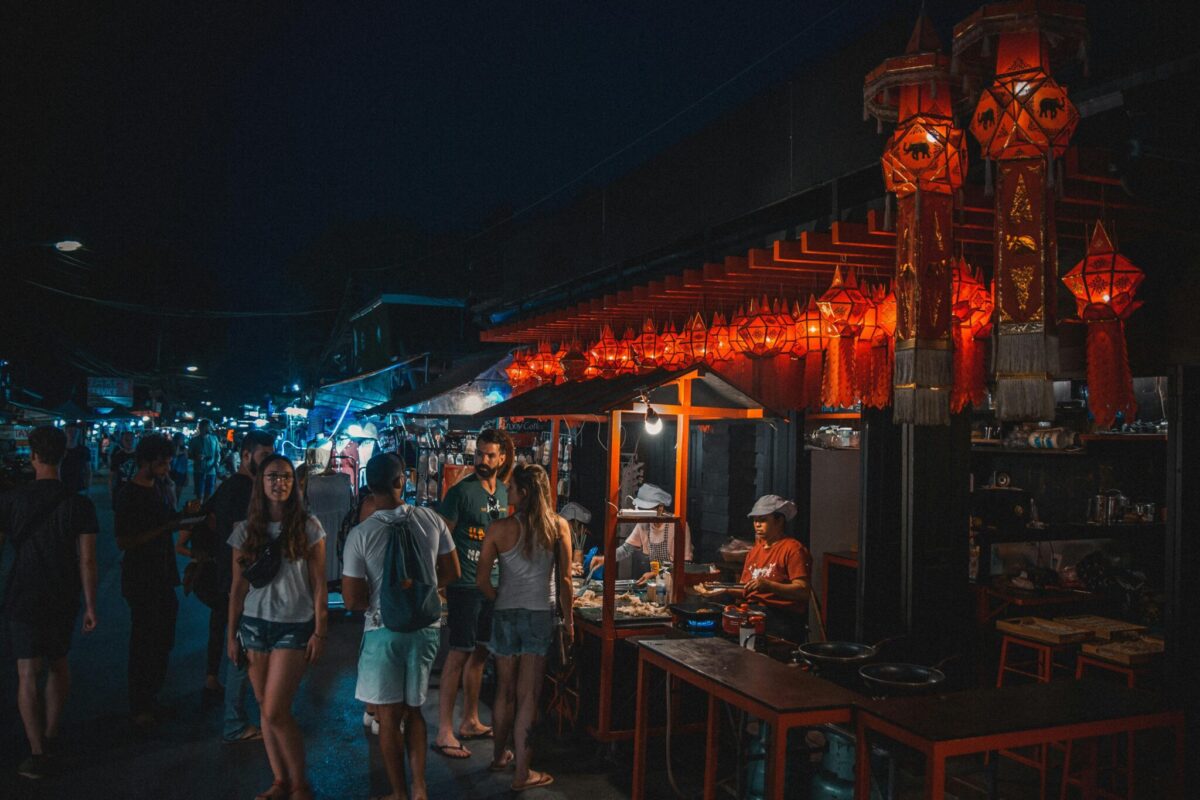We Tried the Travel Plugins on ChatGPT Plus: What Worked, What Didn't
Skift Take

Travel Tech Briefing
Editor’s Note: Exclusive reporting on technology’s impact on the travel industry, delivered every Thursday. The briefing will guide executives as they decide if their companies should “build, buy, or partner” to stay ahead.With some of the latest travel plugins available through ChatGPT Plus, paid users can plan nearly every aspect of a trip in one place.
ChatGPT Plus wasn’t created to be a travel platform, but with some much-needed fixes and additional features, it could turn out to be the most useful tool.
For $20 per month, ChatGPT Plus users have access to beta versions of a growing number of third-party plugins. In travel, it includes companies like Expedia, Kayak, Skyscanner, Omio, and GetYourGuide.
When using ChatGPT, the plugins allow the chatbot to pull specific real-time information from the respective companies and include it in responses. Without the plugins, ChatGPT can only answer general questions based on data from 2021.
That means users planning for a trip can explore the supply from several select competing companies all in one place. In theory, that could help them find the most competitive options and create a fuller trip more easily.
Travel Plugins Available on ChatGPT Plus
OpenAI, the company behind ChatGPT, said in May that it would be releasing plugins for more than 70 third-party websites. This strengthens ChatGPT’s development as a platform, similar to the relationship between iPhone and the Apple Store. And it’s another step toward how generative AI could revolutionize the way users plan and book travel.
For travel, there are now plugins that can provide specific booking information about flights, lodging, ticketed events, car rentals, ground transportation, and more.
Here are some of the bigger companies that have released plugins on ChatGPT Plus in recent months:
- Skyscanner, a metasearch engine based in the UK, released a plugin on Thursday.
- Omio, the ticketing platform that specializes in ground transport, released a plugin earlier this month. The Omio platform includes information from more than 1,000 transport providers, primarily trains and buses.
- Expedia, Kayak, and OpenTable were among the first cohort to announce plugins in March.
- Expedia’s plugin includes access to Vrbo.
- GetYourGuide, the booking platform for ticketed tours and activities worldwide, added a plugin in May.
- Turo, a growing car share app based in San Francisco, released a plugin shortly before GetYourGuide.
- Trip.com, an online travel agency based in Singapore, added a plugin this spring — a separate tool from the one it has been building on its own website.
And here are some lesser known travel companies with ChatGPT Plus plugins:
- Klook, a travel and activity booking platform based in Hong Kong
- OwlJourney, an accommodation and tour packages website that operates primarily in Asia
- Got2Go, a booking platform for vacation rentals based in Florida
- JetBook.click, a flight meta-search tool
- Kakuyasu Idou, which focuses on ground transportation in Japan
- Vio.com, a travel booking site based in Amsterdam
- GetByBus, a bus ticket booking platform based in Croatia
- Travelmyth, an online travel agency based in Greece
- Tryp.com, an travel booking site based in Denmark
How It Works
Once plugins are downloaded from the store, only three can be enabled at a time. For example: enable Turo for car rentals, Expedia for activities, and OpenTable for restaurants that take reservations. Or enable Expedia for flights and hotels, and GetYourGuide for tours.
The user can then ask questions about specific availability for flights, hotels, or more, and the chatbot will pull information from the plugins when it can. It can sometimes create a single itinerary referencing information from more than one source.
It also provides booking links to those suggestions.
The chatbot does not always give a complete picture of what is available and seems to ignore specific requests if there’s nothing that accommodates them. However, the details it does provide about specific booking options, like flight times and prices, seem to be accurate.
Some of the Many Quirks and Issues
- There were consistently errors when trying to prompt for a detailed itinerary and booking options. If there was an error, the content generation stops, and the user has to start over.
- It seems that errors are more likely when submitting a single complicated prompt that includes itinerary creation and use of all three enabled plugins. It may be better to ask questions one at a time. The GetYourGuide plugin is one that tends to malfunction unless asked a single direct question.
- The platform does not allow the Kayak and Expedia plugins to be enabled at the same time.
- The chatbot said there are no nonstop flights between New York City and Grand Rapids, Michigan, but there are. It said the same about hotel availability in the lakeside destination of Traverse City, Michigan.
- Like some AI tools that have been released, such as the one by HomeToGo, the ChatGPT chatbot doesn’t ask followup questions to refine travel suggestions.
- The platform is not smart enough yet to consider the overall schedule of a trip when providing content about individual pieces of it. It gave an itinerary that did not take into account the flight options it had just provided, so the user needs to be specific about which days within a trip are free for activities.
- Each search is saved in a sidebar on the left, but the content within the search often is not saved.
- It tends to use the Expedia plugin — which has a stock of flights, hotels, short-term rentals, rental cars, activities, and more —first when it can, but the user can ask a follow up question to check other options from other plugins.
- The chatbot once “forgot” to provide links to trains it suggested through the Omio plugin but then provided them afterward when that was pointed out.





